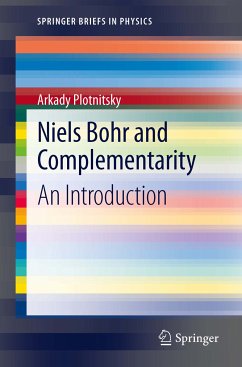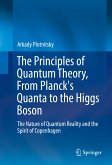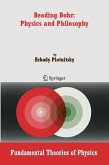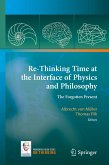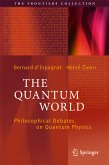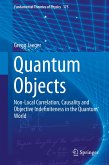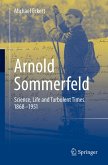This book offers a discussion of Niels Bohr's conception of "complementarity," arguably his greatest contribution to physics and philosophy. By tracing Bohr's work from his 1913 atomic theory to the introduction and then refinement of the idea of complementarity, and by explicating different meanings of "complementarity" in Bohr and the relationships between it and Bohr's other concepts, the book aims to offer a contained and accessible, and yet sufficiently comprehensive account of Bohr's work on complementarity and its significance.
Dieser Download kann aus rechtlichen Gründen nur mit Rechnungsadresse in A, B, BG, CY, CZ, D, DK, EW, E, FIN, F, GR, HR, H, IRL, I, LT, L, LR, M, NL, PL, P, R, S, SLO, SK ausgeliefert werden.

